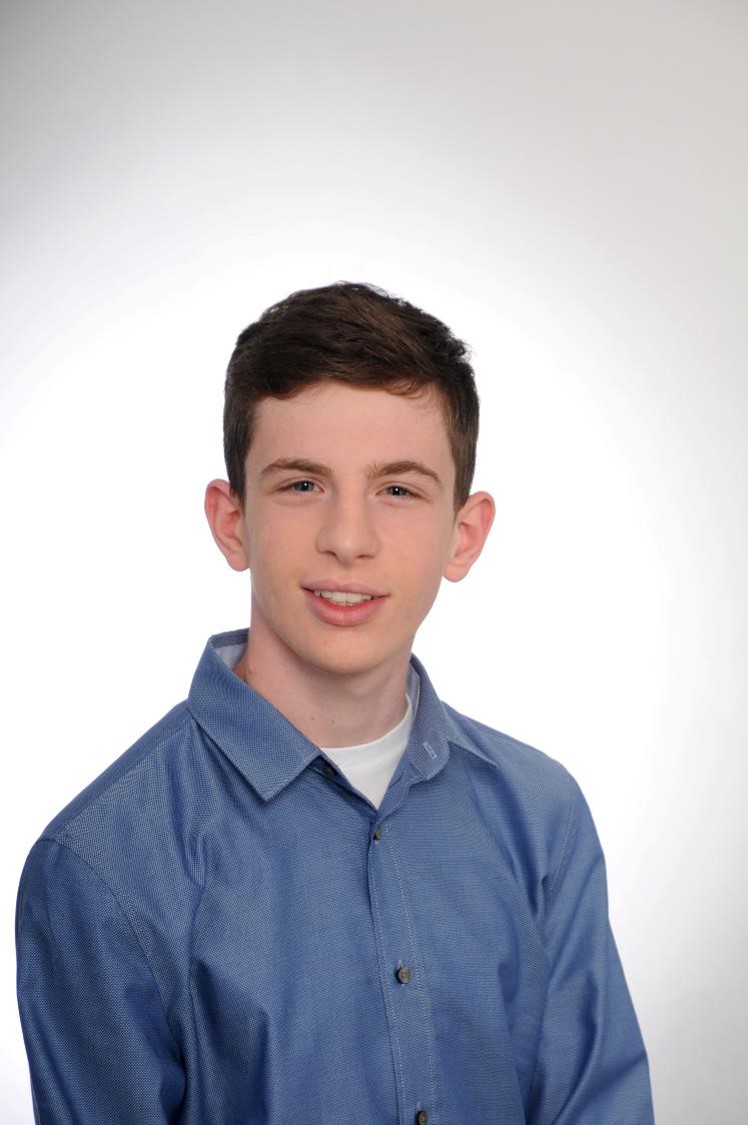Alexandre Nozadze
Alumni

In order to mitigate climate change and global warming, a rapid shift from fossil fuels to renewables is inevitable. Fuel cells are an important tool in the process of electrification and decarbonization of the transport sector. Among different fuel cell technologies, proton exchange membrane fuel cells (PEMFC) seem the most promising for this purpose. Though, discrepancies between Rotating Disk Electrodes (RDE) and Membrane Electrode Assemblies (MEA) make in-depth catalyst layer (CL) investigations very challenging. Hence, Gas Diffusion Electrodes (GDE) are developed to close the gap between fundamental and applied research. This makes it possible to evaluate catalyst layers in relevant potential ranges without mass-transport limitations, which brings the PEMFC closer to successful large-scale market implementation.
During my bachelor thesis, I will work with such a GDE setup to evaluate and optimize the CL. The focus will be on Pt/C, investigating different carbon supports.
-
P. Lauf*, L. Morales, A. Nozadze, M. Ayoub, M. Bierling, K. Ehelebe, S. Thiele, K.J.J. Mayrhofer, V. Lloret, S. Cherevko*
Journal of Power Sources
623
(2024)
235352
2024
| 04/2022-present | Bachelor thesis, Helmholtz Institute Erlangen-Nuremberg for Renewable Energy, Erlangen, Germany |
| 09/2021-02/2022 | Exchange Student at the Swiss Federal Institute of Technology (ETH) Zurich, Zurich, Switzerland |
| 04/2020-07/2021 | Student Assistant, Chair for general material properties (WW1), Department of Materials Science, Friedrich-Alexander-University, Erlangen, Germany |
| 10/2019-present | Bachelor Student in Materials Science and Engineering, Friedrich-Alexander-University, Erlangen, Germany |
| 06/2019-08/2019 | Internship at the Fraunhofer Institute for Silicate Research (ISC), Wurzburg, Germany |
| 06/2021 | Semikron Award 2021 from the FAU Department of Materials Science |
| 04/2021-present | Student Scholarship, German Academic Scholarship Foundation |